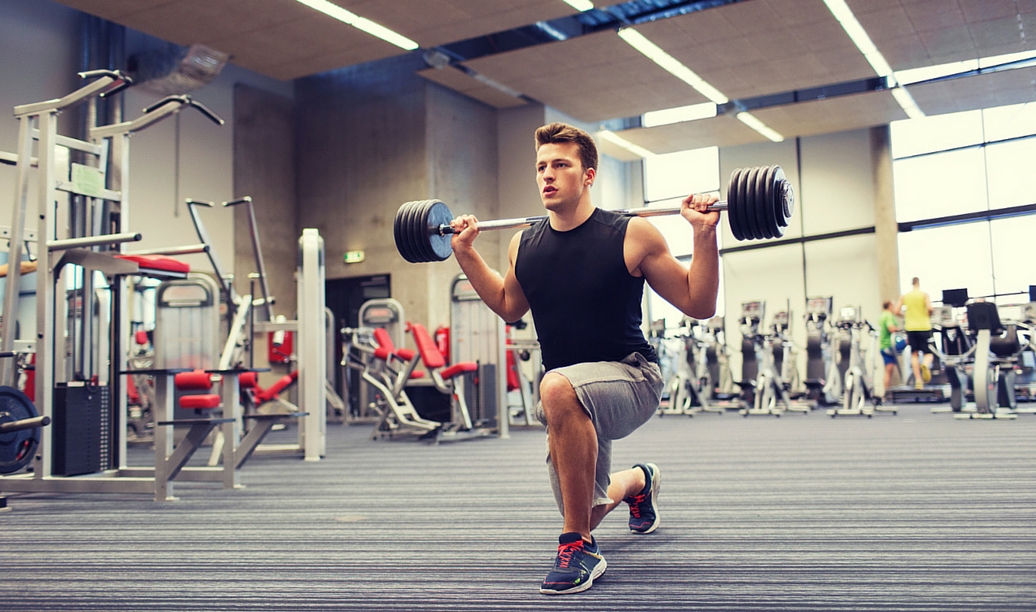
 Winter is approaching, and with this comes the long awaited start of winter sports. This is when people can experience groin tightness, discomfort and pain especially if they have had an inadequate pre-season.
Winter is approaching, and with this comes the long awaited start of winter sports. This is when people can experience groin tightness, discomfort and pain especially if they have had an inadequate pre-season.
Sports like soccer, rugby, AFL, netball and hockey are physically demanding winter activities that require sharp changes in direction, kicking and explosive movements. These movements place demand on the musculature around the pelvis and hips to provide stability. If these areas have not been conditioned in pre-season for the demand of match play, this sharp change in load can result in groin pain, tightness or discomfort.
The groin consists of 6 major muscles that work in conjunction with the outer hip muscles to keep us upright when standing on one leg. They also have a very special connection through the fascia with the abdominal muscles to create stability across our pelvis. When there is an imbalance of strength between these three muscles groups a sudden increase in loading will result in injury.
It is important to get on top of groin injuries early, even if they feel like ‘just tightness’. The usual treatment of stretching, (rubs) or rest may help with the immediate symptoms but will not address the underlying weakness. As such, temporary fixes can mask symptoms that act as warning signs for more serious or debilitating conditions.
Groin injuries, if left untreated can progress to become highly debilitating and can result in 6-8 weeks physical rest, which would cover the majority of a winter sport season. Additionally, groin pain or discomfort may not involve the groin musculature and be instead referring from hip pathology or a hernia.
So if you are experiencing any groin discomfort or know that it is a regular occurrence for you; contact reception at Capital Clinic Physiotherapy to organise an assessment. Pre-emptive actions such as this will allow you to be prepared this winter sport season and continue to play at your physical best.
